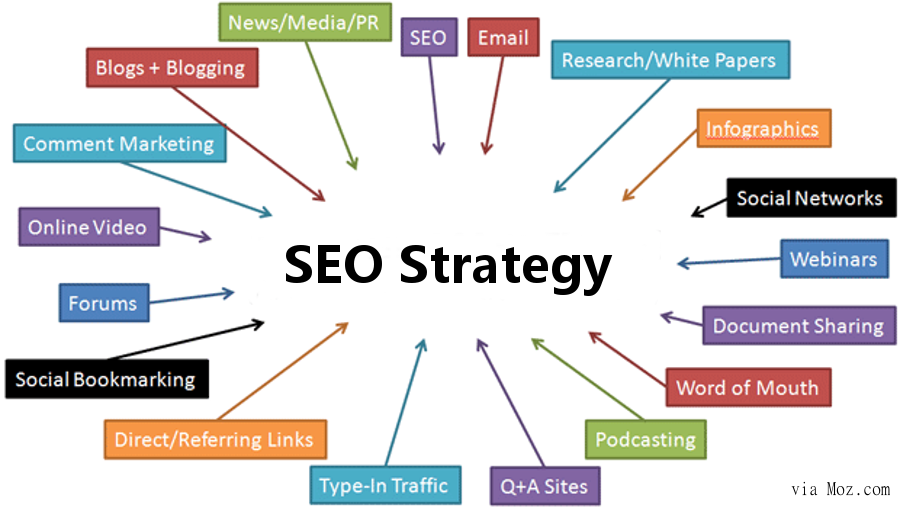Improving your SEO (Search Engine Optimization) involves a combination of on-page and off-page strategies to make your website more visible and rank higher on search engine results pages.

Here are some tips to help you enhance your SEO:
On-Page SEO:
- Keyword Research:
- Quality Content:
- Create high-quality, informative, and engaging content that addresses the needs of your target audience.
- Include your target keywords naturally within your content.
- Optimize Title Tags and Meta Descriptions:
- Write compelling and relevant title tags and meta descriptions for each page.
- Ensure they accurately describe the content and encourage clicks.
- Header Tags (H1, H2, H3, etc.):
- Use header tags to structure your content.
- Include your target keywords in relevant headers.
- URL Structure:
- Create clean, concise, and SEO-friendly URLs.
- Include relevant keywords in the URL.
- Image Optimization:
- Use descriptive file names for images.
- Add alt text to describe images for search engines and accessibility.
- Internal Linking:
- Link to other relevant pages within your website.
- Use descriptive anchor text for internal links.
- Mobile Optimization:
- Ensure your website is mobile-friendly (responsive design).
- Google prioritizes mobile-first indexing.
Off-Page SEO:
- Backlink Building:
- Acquire high-quality backlinks from reputable websites.
- Guest posting, influencer outreach, and content promotion can help build backlinks.
- Social Media Presence:
- Maintain an active presence on relevant social media platforms.
- Share your content and engage with your audience.
- Online Reviews:
- Encourage and manage online reviews.
- Positive reviews can improve your local search rankings.
Technical SEO:
- Website Speed:
- Optimize your website for faster loading times.
- Compress images, use browser caching, and minimize CSS and JavaScript.
- Sitemap:
- Create and submit a sitemap to search engines.
- This helps search engines crawl and index your site more efficiently.
- Robots.txt:
- Use a robots.txt file to control which parts of your site search engines can crawl.
- Secure Connection (HTTPS):
- Secure your website with HTTPS.
- Google considers HTTPS as a ranking factor.
- Fix Broken Links:
- Regularly check for and fix broken links on your website.
Analytics and Monitoring:
Technical SEO
- Google Analytics:
- Use Google Analytics to track website performance.
- Monitor user behavior, traffic sources, and other relevant metrics.
- Google Search Console:
- Set up and regularly check Google Search Console for insights into how Googlebot views your site.
- Monitor Rankings:
- Track your keyword rankings over time.
- Identify areas for improvement and adjust your strategy accordingly.

